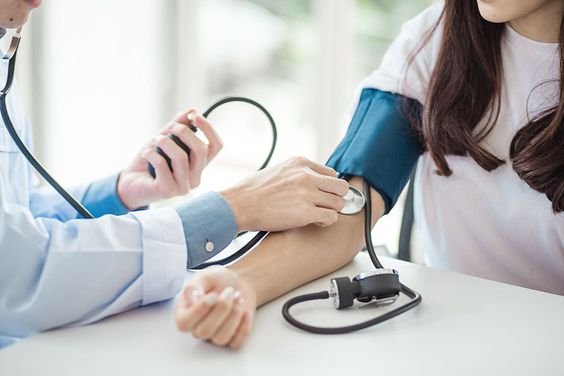6 Signs of a Heart Attack a Month Before in Women
Recognizing the early warning signs of a heart attack is crucial, especially for women. The 6 signs of a heart attack a month before female can often be subtle and easily mistaken for other health issues.

Recognizing the early warning signs of a heart attack is crucial, especially for women. The 6 signs of heart attack a month before female can often be subtle and easily mistaken for other health issues. However, these symptoms are significant indicators that the heart may be in distress. Many women may experience these warning signs weeks or even a month before the actual heart attack, offering a critical window for early intervention. Understanding these signs can help save lives, as timely medical attention can greatly improve the chances of preventing a full-blown heart attack.
Heart disease is a leading cause of death worldwide, and women, despite common belief, are not exempt from this risk. Often, women may experience subtle signs of a heart attack long before the event occurs, giving a window of opportunity for early intervention. Recognizing the early warning signs can save lives, yet these symptoms are frequently overlooked or attributed to other causes. Here are six signs that may appear up to a month before a heart attack in women.
1. Unexplained Fatigue
Feeling unusually tired is a common sign that something is wrong with your heart. Women experiencing heart issues may feel drained even after a full night’s rest or light activity. This fatigue can become overwhelming, leading to an inability to perform normal daily tasks. If you notice a sudden and persistent increase in fatigue without any obvious cause, it could be a warning sign.
2. Shortness of Breath
Women often report difficulty breathing before a heart attack, sometimes weeks before it occurs. This symptom can arise even during normal activities, such as climbing stairs, walking, or doing housework. The sensation of breathlessness or a feeling of being winded, especially when combined with fatigue, could indicate that your heart isn’t pumping effectively enough to deliver adequate oxygen to your body.
3. Chest Discomfort or Pain
While chest pain is a well-known symptom of heart attacks, women may experience it differently from men. Women may feel a heaviness, tightness, or discomfort rather than the sharp, intense pain that is often depicted. This sensation can appear intermittently or last for a few minutes, especially if it worsens with physical exertion. If you experience chest discomfort that seems unusual for you, it’s important to get it checked out.
4. Pain in the Neck, Jaw, or Back
Heart attack symptoms in women are often more subtle than in men and can include pain or discomfort in the neck, jaw, shoulders, upper back, or even the stomach. This pain may feel like a dull ache or pressure, and it can be mistaken for muscle tension or indigestion. However, if this pain occurs alongside other signs, it may indicate that the heart is in distress.
5. Nausea or Vomiting
Many women experience nausea or vomiting as a precursor to a heart attack. These symptoms can be mistaken for other conditions such as flu, food poisoning, or stress. However, in the context of other warning signs, they may signal that your heart is under strain. Women are more likely to report these gastrointestinal symptoms than men, making it a significant yet often overlooked warning sign.
6. Sweating or Cold Sweats
Excessive sweating or cold sweats without any apparent cause can be a strong indicator of an impending heart attack. This symptom can occur even when the individual is at rest or in a cool environment. If sweating is coupled with other signs like shortness of breath or chest discomfort, it may be an alarming signal that requires immediate medical attention.
Conclusion
Understanding the signs of a heart attack and recognizing them early can significantly improve outcomes, especially for women. Since many of these symptoms can appear weeks before a heart attack, it is crucial not to ignore them. If you experience any of these warning signs—unexplained fatigue, shortness of breath, chest discomfort, pain in the neck or back, nausea, or cold sweats—it’s important to seek medical advice right away. Early detection and lifestyle changes can help reduce the risk of heart disease and improve your overall heart health.












